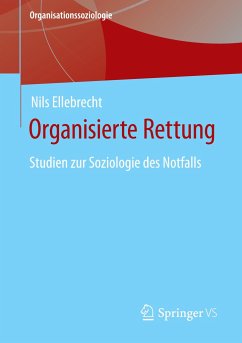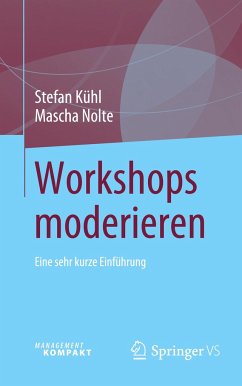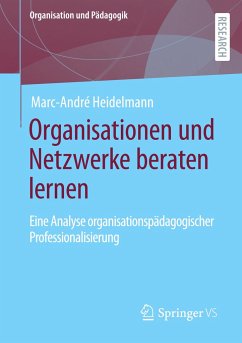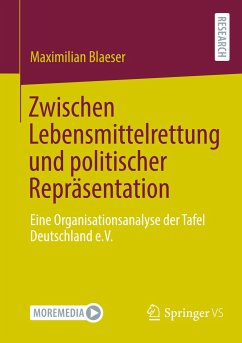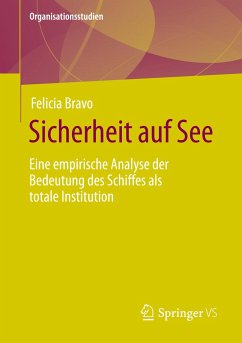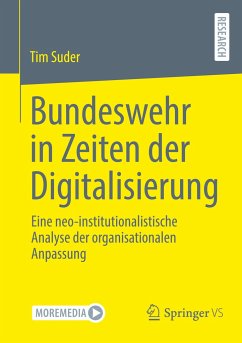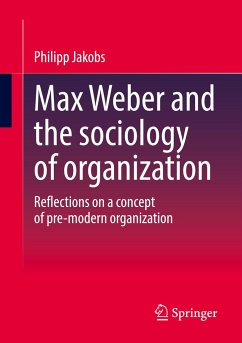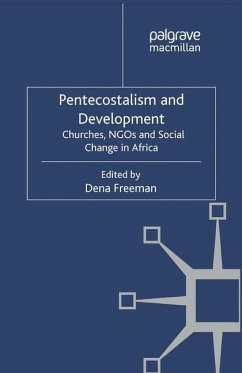
Structuring People
The Myth of Participation and the Organisation of Civil Society in Development

PAYBACK Punkte
0 °P sammeln!
Participation has become an orthodoxy in the field of development, an essential element of projects and programmes. This book analyses participation in development interventions as an institutionalised expectation - a rationalized myth - and examines how organisations on different levels of government process it. At least two different objectives of participation are appropriate and legitimate for international organisations in the field: the empowerment of local beneficiaries and the achievement of programme goals. Both integrate participatory forums into the organisational logic of developme...
Participation has become an orthodoxy in the field of development, an essential element of projects and programmes. This book analyses participation in development interventions as an institutionalised expectation - a rationalized myth - and examines how organisations on different levels of government process it. At least two different objectives of participation are appropriate and legitimate for international organisations in the field: the empowerment of local beneficiaries and the achievement of programme goals. Both integrate participatory forums into the organisational logic of development interventions. Local administrations react to the institutionalised expectation with means-ends decoupling, where participatory forums are implemented superficially but de facto remain marginalised in local administrative processes and activities. The book furthermore provides a thick description of the organisationality of participation in development interventions. Participatory forums areshown to be a form of partial organisation. They establish an order in the relationship between administrations and citizens through the introduction of rules and the creation of a defined membership. At the same time, this order is found to be fragile and subject to criticism and negotiation.




